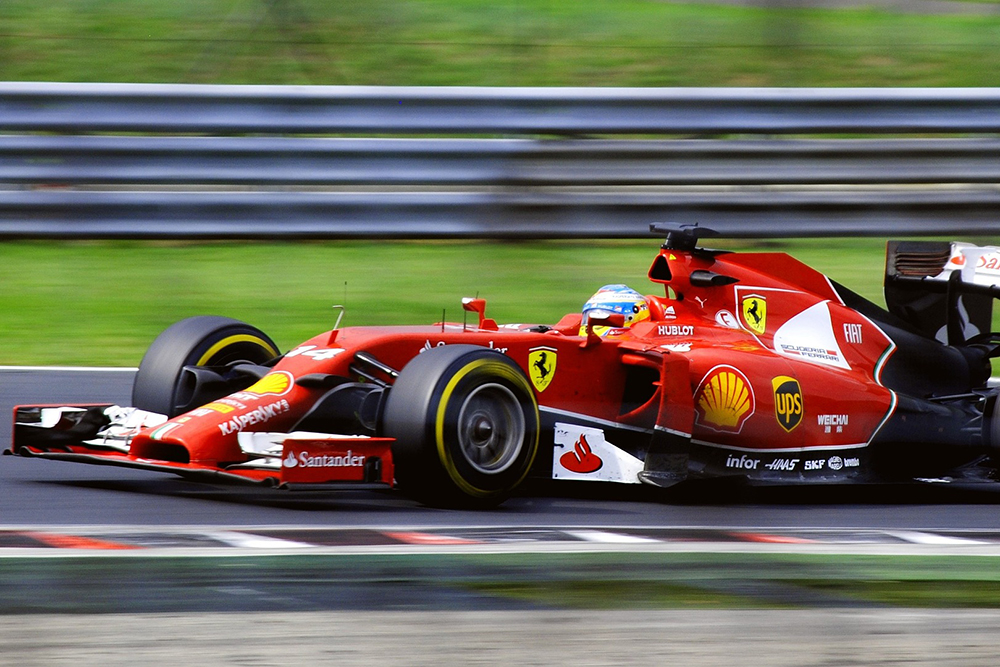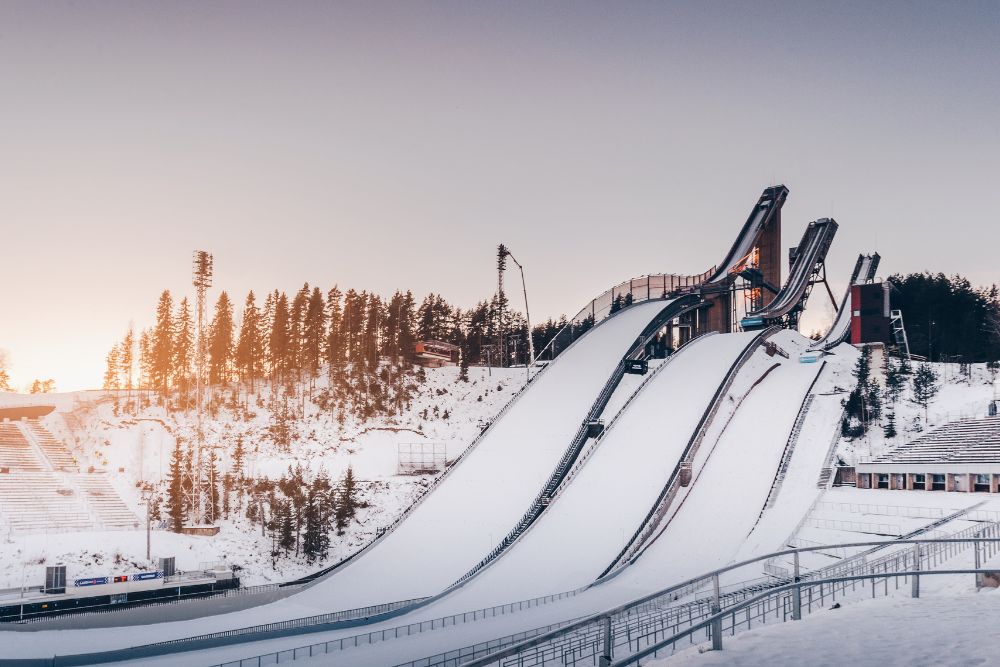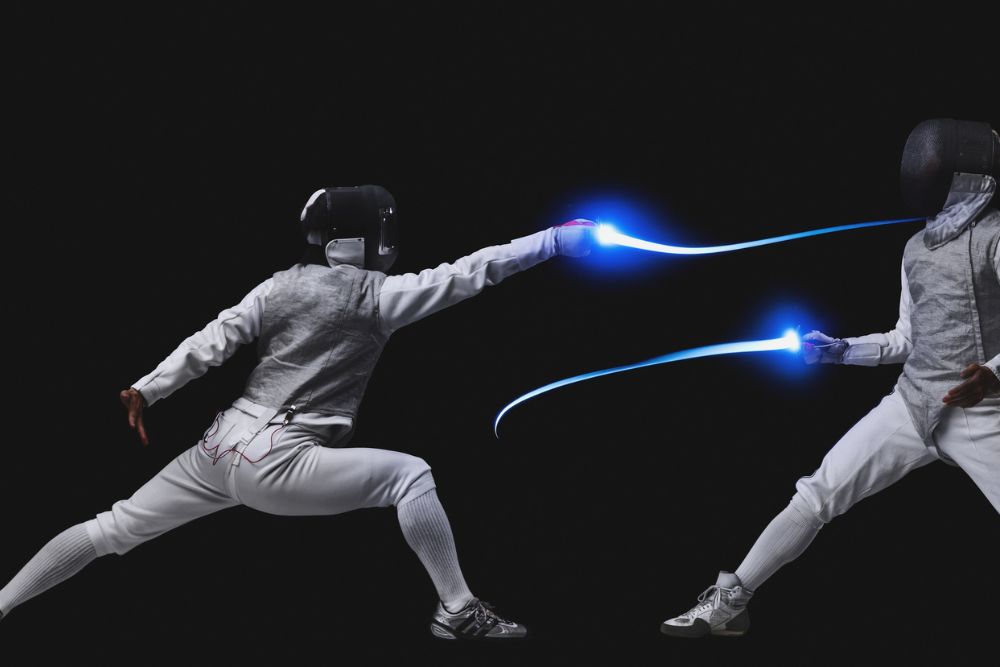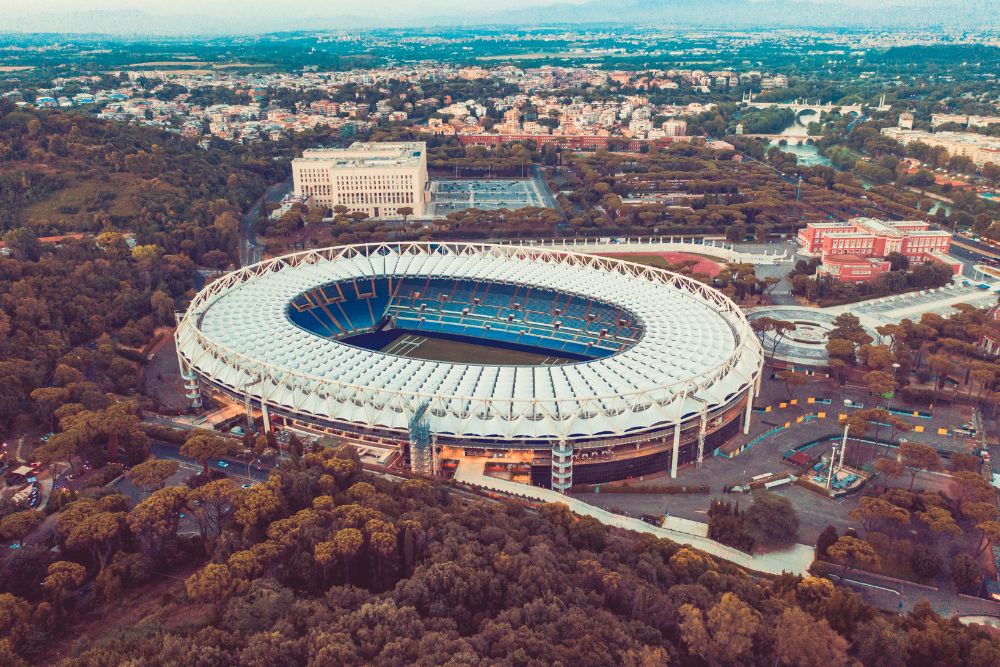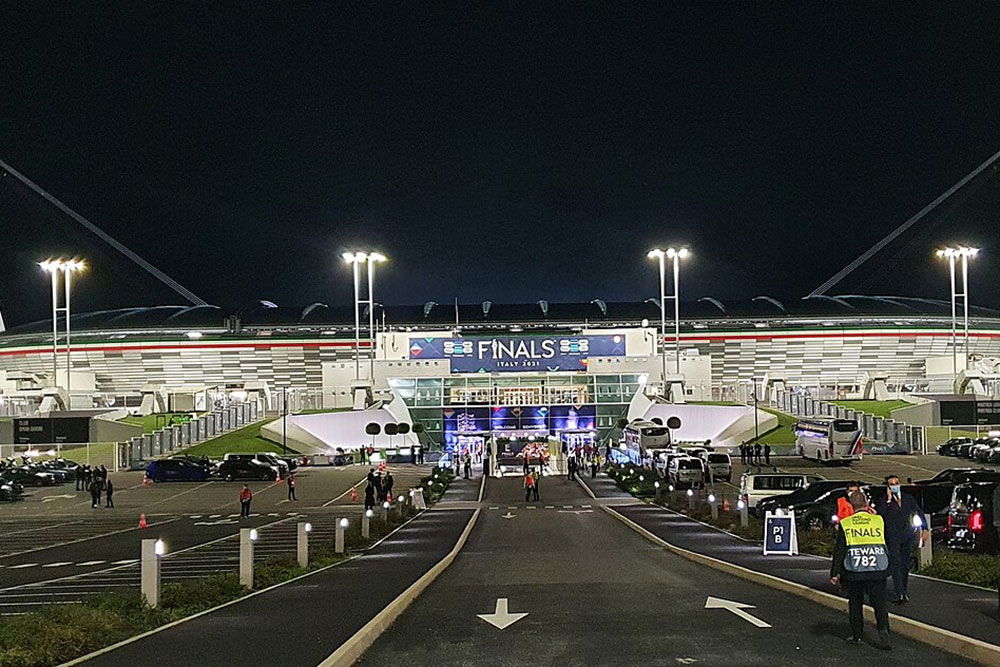
Allianz Stadium Turin
In the heart of Italy’s industrial and cultural north stands one of Europe’s most advanced and stylish football arenas, Allianz Stadium in Turin. Known for its state-of-the-art technology, immersive fan experience, and architectural innovation, Allianz Stadium is not just the home of Juventus Football Club, but also a symbol of Italy’s transition into a new era of sports infrastructure.
Opened in 2011, the stadium broke away from the traditional mold of massive, state-owned multipurpose arenas and redefined what a football stadium in Italy could be: modern, sustainable, intimate, and entirely club-owned. This transformation didn't just benefit Juventus; it reshaped Italian football's vision of the future.
From Delle Alpi to Allianz: A Transformation Story
Before the Allianz Stadium, Juventus played at the much-maligned Stadio delle Alpi, a venue notorious for its poor sightlines, running track, and cold atmosphere. Opened in 1990 for the FIFA World Cup, the stadium quickly became unpopular with fans and players alike.
Realizing the need for change, Juventus took a bold step, demolishing the Delle Alpi in 2009 to build a new, purpose-driven, football-only stadium from the ground up. The result was the Juventus Stadium, renamed Allianz Stadium, in 2017 following a naming rights deal.
This was a historic moment: Juventus became the first Italian club to own its stadium, giving them greater control over revenue streams and the fan experience.
A New Standard in Italian Stadium Design
Opened on September 8, 2011, with a friendly match against Notts County (a tribute to the English club that inspired Juventus’ black-and-white kit), Allianz Stadium marked a revolution in stadium architecture in Italy.
Key Features of Allianz Stadium:
Capacity: Approximately 41,507 seats, much smaller than traditional Italian stadiums, creating a close and electric atmosphere.
Design: Built without a running track, fans are just 7.5 meters from the pitch, enhancing visibility and intensity.
Accessibility: Fully compliant with modern accessibility standards, including 120 dedicated wheelchair spaces.
Eco-Friendly: Designed with sustainability in mind, the stadium includes solar panels, rainwater collection systems, and a 50% reduction in energy consumption compared to Delle Alpi.
Commercial Zone: Part of a larger urban redevelopment project that includes the J|Museum, Juventus Megastore, restaurants, and the Area12 Shopping Centre.
The architectural project was handled by Gino Zavanella and Hernando Suarez, in collaboration with Studio Shesa, and constructed by Sportium and Impregilo.
The Juventus Museum and J-Village
Adjacent to the stadium lies the J|Museum, an immersive journey through the history of Juventus, showcasing trophies, memorabilia, interactive exhibits, and a deep dive into club legends. It's one of the most visited sports museums in Italy and a must-see for football fans.
Nearby, the J-Village, was developed to house Juventus' new headquarters, training grounds, and even an international school, making the stadium the center of a complete sports ecosystem.
The Match Day Experience
One of Allianz Stadium’s greatest strengths is the match day experience it offers fans. Unlike older Italian stadiums, which often suffer from poor amenities and outdated infrastructure, Allianz offers:
Comfortable seating with excellent views from every section
Multiple VIP areas, including Sky Boxes, and Club Premium, lounges
High-speed Wi-Fi and digital ticketing
Family zones and safe standing sections for organized ultras
The stadium routinely sells out for Juventus home matches, offering one of the most intimate and intense atmospheres in European football, despite its moderate size.
A Fortress for Juventus
Since its opening, Allianz Stadium has become a fortress, for Juventus:
The team has boasted one of the highest home win percentages in Europe.
Juventus’ run of nine consecutive Serie A titles (2012–2020), was largely fueled by their dominance at home.
Iconic players such as Gianluigi Buffon, Andrea Pirlo, Carlos Tevez, Cristiano Ronaldo, and Paulo Dybala, have graced its pitch.
The connection between fans and players is amplified by the stadium’s intimate design, turning each home game into a tightly packed cauldron of passion.
Events Beyond Football
While primarily a football venue, Allianz Stadium has hosted other events, including:
Concerts, (though limited by design to protect the pitch)
UEFA competitions, including Champions League, and Europa League, matches
Ceremonies, and corporate events
International fixtures, including matches for the Italian national team
Its multi-use potential, combined with commercial attractions in the area, ensures that Allianz Stadium is an active urban space even on non-match days.
Accessibility and Getting There
Located in the northwest quadrant of Turin, Allianz Stadium is easily accessible:
Public transport: Bus lines 62, 72, and 75 connect directly to the stadium from central Turin.
Car: Ample parking is available, and it’s just off the Tangenziale Nord.
Airport: It’s around 25 minutes from Turin-Caselle Airport.
Whether you're a Juventus fan or a traveler interested in modern sports architecture, the stadium is well worth the visit.
Conclusion: A Blueprint for the Future
Allianz Stadium isn’t just the pride of Juventus, it’s a symbol of what Italian football can aspire to be. As the country’s first club-owned, eco-conscious, fan-friendly stadium, it has become a blueprint, for future developments across Serie A and beyond.
For visitors, it offers not just a football match, but a world-class experience, from history and heritage at the museum to the thrill of modern match day. In a country steeped in football tradition, Allianz Stadium stands as a beacon of progress, proof that old passions and new technologies can coexist to spectacular effect.




